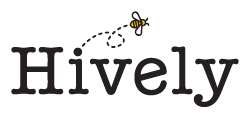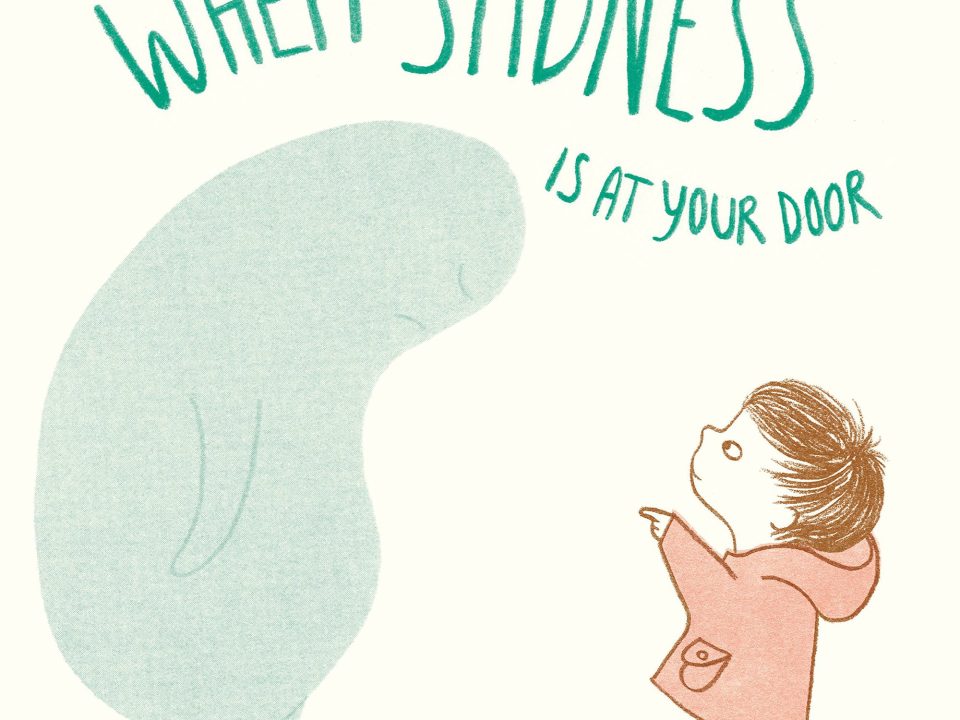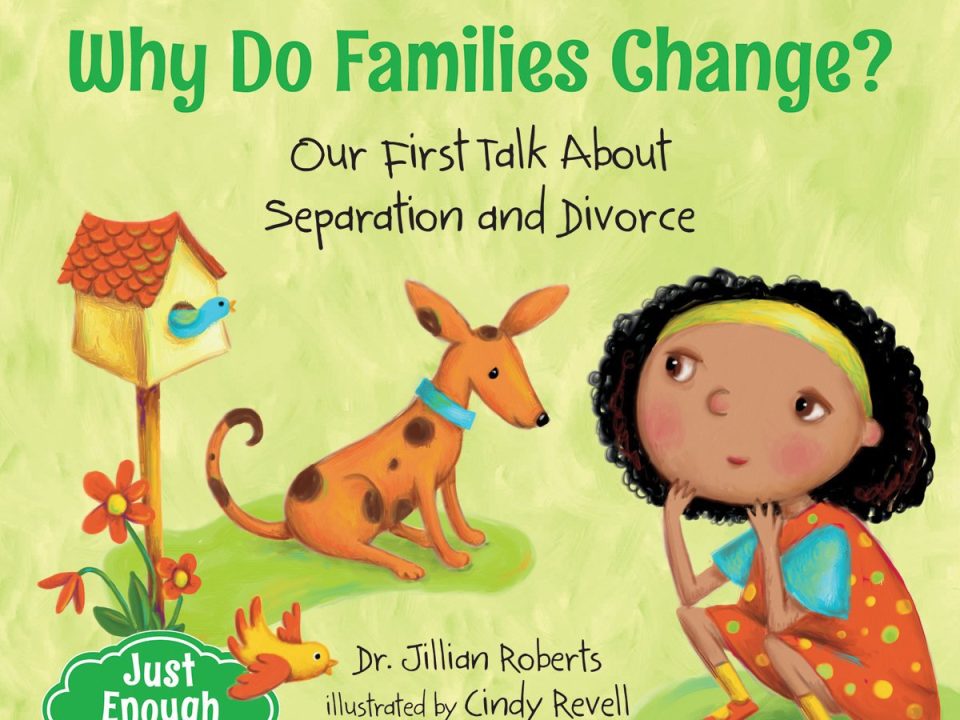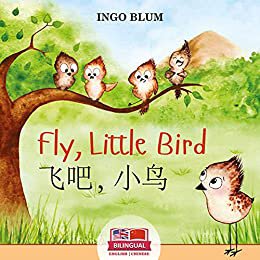Teasing vs Bullying- What’s the Difference?
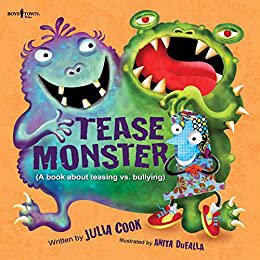
Hively Provider Book Club
Wednesday, 31 August 2022
Hively offers regular workshops, classes, and training to help childcare providers develop their skills as small business owners, child development experts, and compassionate caregivers.
This includes Hively’s Childcare Provider Book Club! Every Wednesday from 1:00-1:30pm, Hively has a guest reader who reads a children’s book to a group of childcare providers and we discuss the book together. Providers discuss their thoughts, how they can implement the book into their centers, and what they can teach their children in connection with each book.

Hosted by our Training and Inclusion Coordinator, Hively’s Childcare Provider Book Club introduces a range of diverse topics including inclusion, emotions, representation, disability, meditation/mindfulness and more!
At the end of the month Hively provides childcare providers in the Tri-Valley (Pleasanton, Livermore, Dublin, Sunol) with a copy of their favorite children’s book to help providers build their children’s library while also providing the tools to help them implement the book into their child care program.

This week Donnamarie Fuller, Hively’s Program Specialist, read Tease Monster (A book about teasing vs. bullying) by Julia Cook.
The content of this book is as follows: “Is the Tease Monster a friend or a foe?
That’s what ‘One of a Kind’ has to figure out in this quirky tale that teaches young readers the difference between nice teasing and mean teasing.
One-of-a-Kind is truly unique. Made up of multiple colors, One has big feet and loves eating popsicles while standing upside down. But when Purple laughs at One for being weird and Green playfully calls One a “klutz” for tripping on the stairs, One feels rotten and vows never to go back to school.
One doesn’t understand the difference between friendly teasing and mean teasing. But with Mom’s help, One learns that teasing is part of life and that laughing at someone (mean teasing) can have a hurtful bite while laughing with someone (nice teasing) can be alright… if it’s not done out of spite!”
Key takeaways from our Provider Book Club discussion included the following:

- The book begins with One (the main character), explaining different characteristics about himself (e.g., eating banana popsicles, standing on his head, eating the crust first on pizza). One seems happy in these pages.
- The book then switches over to how others make fun of One for his different characteristics. We then see how One starts to feel sad and even when a teacher comes to help, One still feels bad inside. In this section of the book, we can discuss with kids that teasing someone can hurt them on the inside and it’s not okay to tease someone for things they love about themselves.
- As the book continues, One feels so hurt he no longer wants to go to school and he doesn’t “even care if [he’s] home all alone!” Explaining to kids that our words can make a big impact on others is important and that someone can feel so hurt they would prefer to be alone.
- The book explains two different types of teasing: Nice and Mean.
- The book teaches that when mean teasing occurs, children can find someone they trust to talk to and explain what is happening.
- The phrase “But a smile and a nice tease can make the tough times more sweet” shows that difficult times can be made easier with nice teasing and humor.
- The book emphasizes the importance of words and how when we speak, we can’t take those words back. We need to be careful about what we say because being mean can ruin someone’s day.
- Towards the end of the book One begins to take action when he finds himself in situations where he is being teased by others. He begins to stand up for himself in a kind way and take control of the situations he is in. This section provides a different perspective for kids; we can teach them that they are in control of their actions and words.
- The book provides a “Tips for Parents and Educators” at the end explaining the definition of teasing, teaching children how to tease, the difference between teasing and bullying as well as how to teach children to respond when teasing turns into bullying.
Here is a read aloud of the book:
To learn more about the book check out the video below:
Here is an animated video on preventing bullying:
You can also share this Stop Bullying Song Now with kids:
If you are a childcare provider and would like to join Hively’s Provider Book Club, please contact hello@behively.org for further information.
About the Author:
Hello, my name is Karely! I am the Training and Inclusion Coordinator at Hively. One of my roles at Hively includes facilitating and sharing resources for Hively’s Provider Book Club.
In addition to the Provider Book Club, I help and support childcare providers in the Tri-Valley (Pleasanton, Dublin, Livermore, Sunol) with inclusion services for their child care programs.
If you are a childcare provider in the Tri-Valley and are interested in inclusion services for your childcare program and/or you have any questions, please don’t hesitate to reach out to hello@behively.org Thank you!
